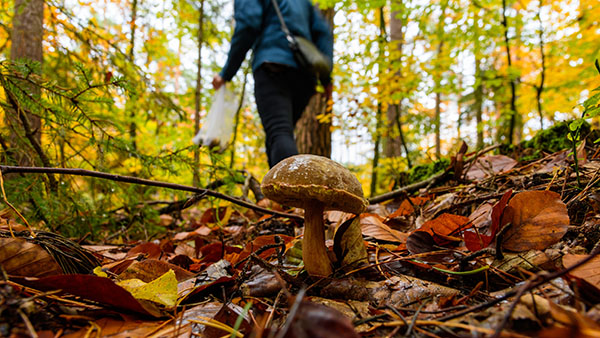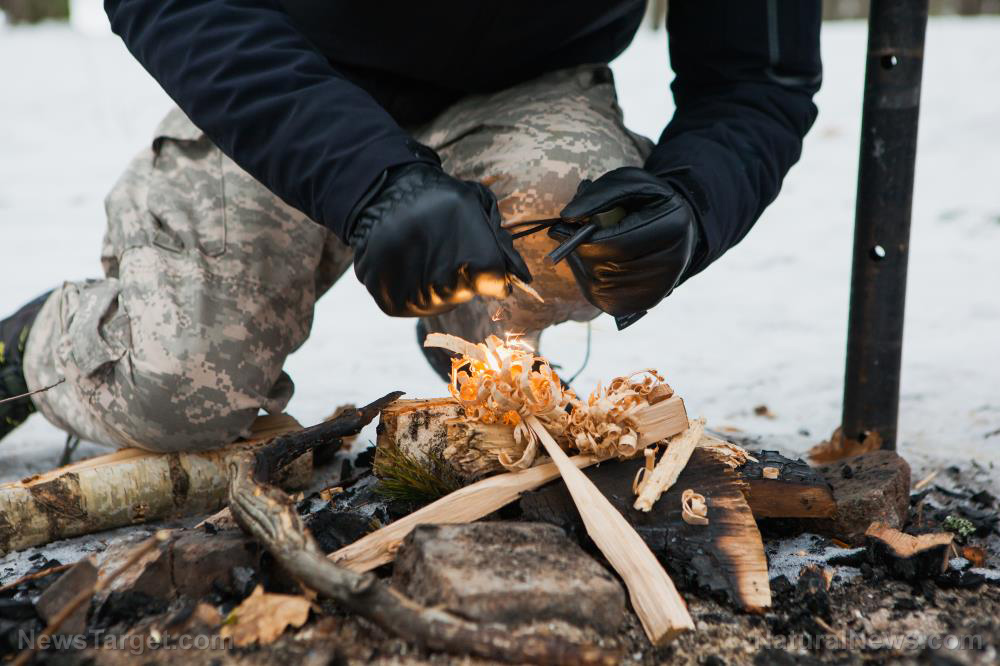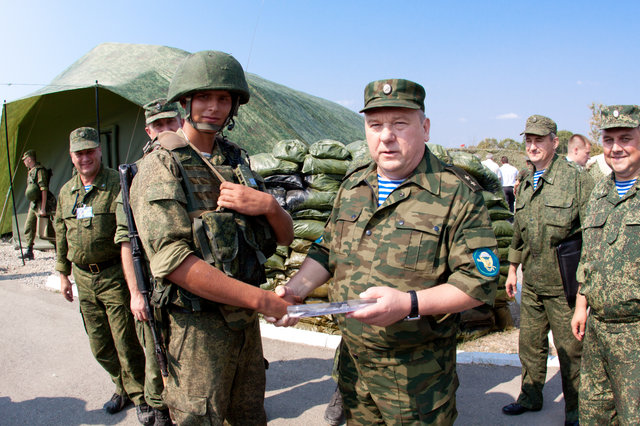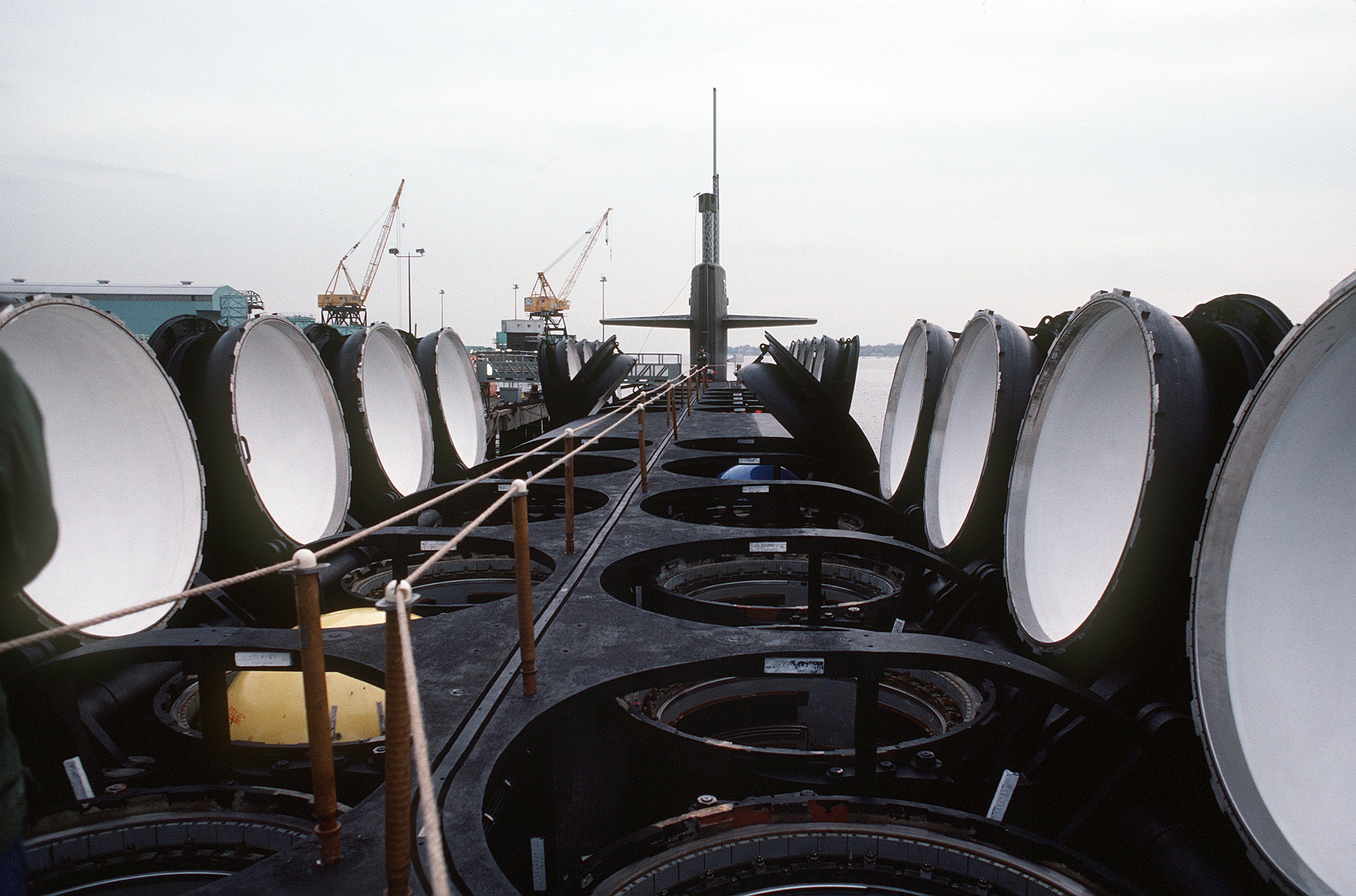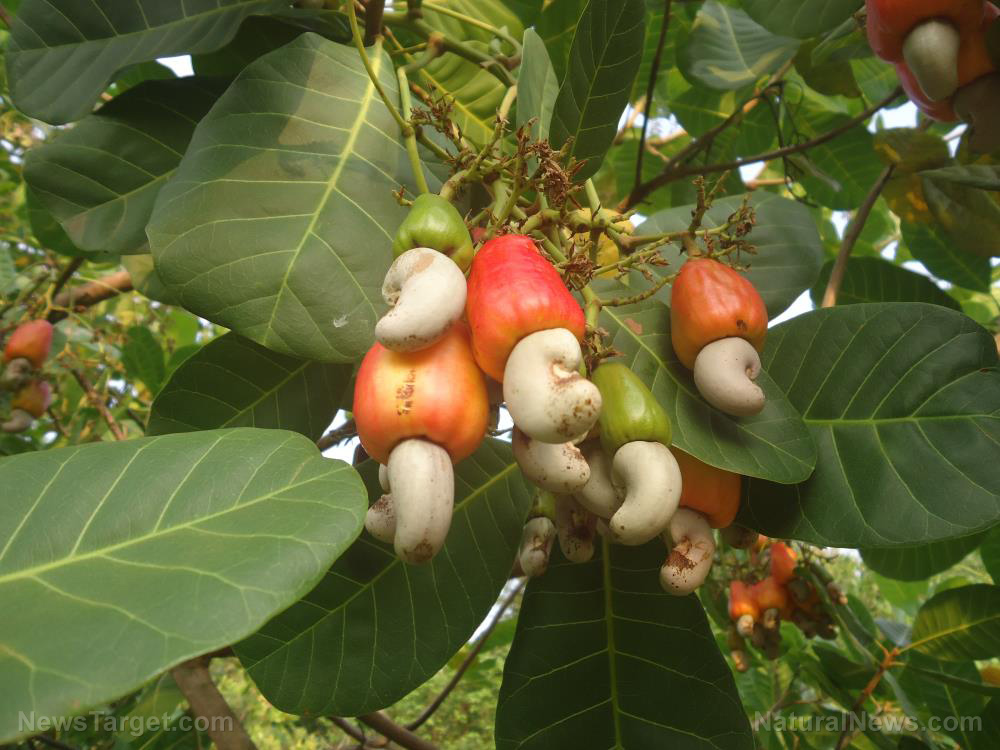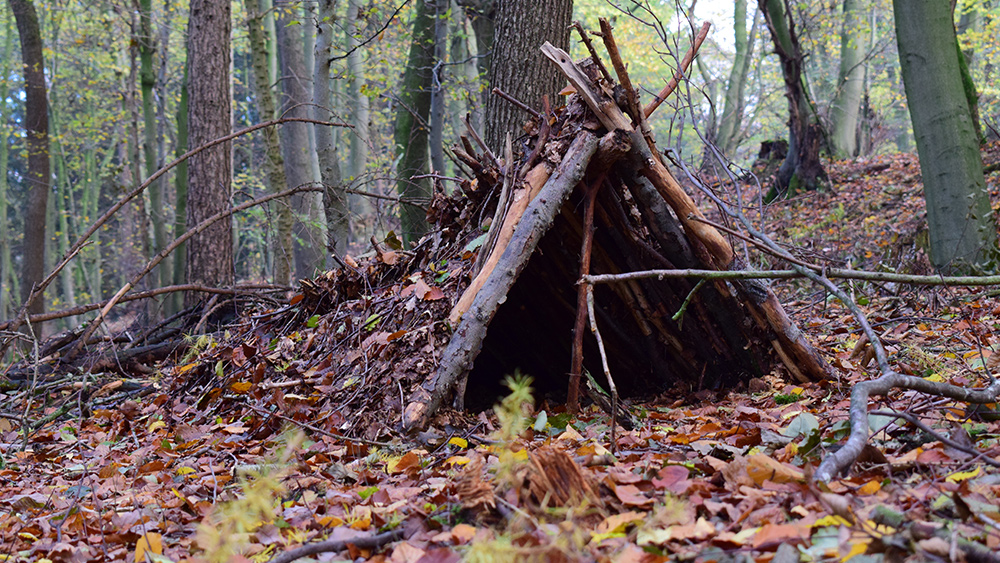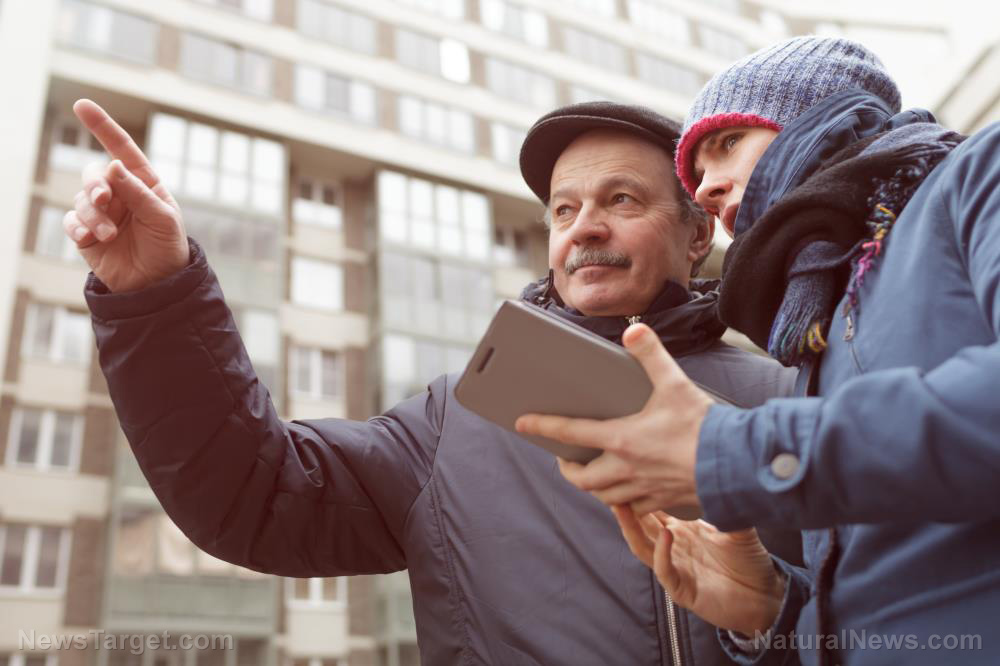Elderly Americans face unique survival challenges during disasters – Here’s how to prepare
10/02/2025 / By Evangelyn Rodriguez

- Seniors face greater risks during disasters due to mobility issues, chronic health conditions and reliance on medications, making even routine hazards life-threatening.
- Aging bodies struggle with extreme heat or cold and poor air quality. Solutions include zone heating or cooling, DIY air filtration (HEPA or box fans) and insulation upgrades.
- Drug supply disruptions can be deadly. Stockpile extras via Cost Plus Drugs or Mexican pharmacies; herbal alternatives (garlic, turmeric, elderberry, etc,) can serve as emergency backups.
- Immobile seniors risk drowning if trapped. Identify high ground, avoid attics without escape routes and install emergency roof exits if possible.
- Survival for seniors requires foresight: fortified homes, family collaboration and tailored strategies for power outages, extreme weather and supply shortages.
Federal agencies and disaster experts are increasingly urging Americans to prepare for emergencies, but one vulnerable group often overlooked in survival discussions is the elderly. Older adults, particularly those with chronic health conditions, face heightened risks during disasters, from extreme weather to supply chain disruptions. With mobility limitations, fixed incomes and reliance on medications, seniors must navigate unique challenges that younger, healthier individuals may not consider.
For these individuals, even routine environmental hazards can become life-threatening.
The hidden dangers for seniors
Aging bodies are less resilient to temperature extremes, poor air quality and medication shortages – three critical factors that can turn a minor disruption into a crisis. Every year, elderly Americans die from hypothermia in poorly heated homes or suffer heatstroke when cooling systems fail. Meanwhile, rising energy costs strain fixed incomes, forcing difficult trade-offs between comfort and survival.
Heating and cooling on a budget
Reducing energy costs without sacrificing safety is possible with strategic adjustments:
- Zone heating or cooling: Isolate living spaces by closing vents and doors to unused rooms. Stiff vents may need lubrication or DIY modifications (like dowel rod handles) for easier operation.
- Evaporative cooling: In hot climates, a damp cloth draped over a fan can lower temperatures affordably.
- Insulation upgrades: Older homes often lack proper insulation. Sealing gaps with weatherstripping or thermal curtains can improve efficiency.
Air quality: An invisible threat
Wildfire smoke, dust and pollution disproportionately harm seniors with respiratory conditions. Solutions include:
- HEPA filters: Commercial air purifiers or DIY box-fan filters (using HVAC-grade filters taped to the intake side) can drastically reduce particulates.
- Home sealing: Ensure windows and doors close tightly to prevent outdoor contaminants from seeping in.
The medication crisis
Many seniors rely on daily prescriptions, making drug shortages – like those seen during COVID – a potential death sentence. Proactive measures include:
- Stockpiling: Doctors may prescribe extra medications if asked, though insurance often won’t cover them. Alternatives include Mark Cuban’s Cost Plus Drugs or purchasing generics in Mexico.
- Herbal alternatives: Natural remedies (e.g., berberine for blood sugar) can serve as backups, though thorough research is essential. (Related: Emergency medicine: How to make your own first-aid antiseptic at home using natural ingredients.)
Brighteon.AI‘s Enoch engine suggests keeping the following herbal remedies on hand for when SHTF: garlic (antibacterial), ginger (for digestion and nausea), turmeric (anti-inflammatory), echinacea (immune support), peppermint (pain/indigestion), yarrow (wound healing), elderberry (viral defense) and plantain leaf (bites and stings). Grow or forage them now because pharma won’t save you later.
Flooding: When bugging out isn’t an option
For immobile seniors, escaping rising waters is nearly impossible without assistance. Key precautions include:
- Knowing high ground: Identify the nearest elevated area for emergencies.
- Avoiding attics: Trapping oneself in an attic without an escape hatch can be fatal. Consider installing a roof dormer with a removable panel for emergency exits.
Why this matters now
Disaster preparedness has evolved beyond “bug-out bags” and stockpiling food. With an aging U.S. population and increasing climate-related disasters, tailored strategies for seniors are critical. Families must collaborate with elderly relatives to ensure their homes are fortified against power outages, extreme weather and supply shortages.
As one preparedness advocate noted, “Survival isn’t just about strength – it’s about foresight.” For older adults, that foresight could mean the difference between resilience and catastrophe.
Seniors need targeted plans that account for their physical and financial limitations. By addressing heating, cooling, air quality and medication access – and by involving family in contingency planning – older Americans can mitigate risks that others might overlook. In an era of escalating disasters, proactive preparation isn’t just wise – it’s lifesaving.
Watch this video to learn how to ensure the survival of the weak and elderly after SHTF.
This video is from the Daily Videos channel on Brighteon.com.
More related stories:
Standing up for health: How less time sitting lowers blood pressure in seniors.
The breakfast clock: Early morning meal could be the key to longevity for seniors.
A simple solution for seniors: Walking faster fights frailty and preserves independence.
Sources include:
Submit a correction >>
Tagged Under:
Collapse, disaster, elderly, emergency, homesteading, off grid, preparedness, prepper, prepping, SHTF, survival, tips
This article may contain statements that reflect the opinion of the author
RECENT NEWS & ARTICLES
COPYRIGHT © 2017 PREPAREDNESS NEWS

